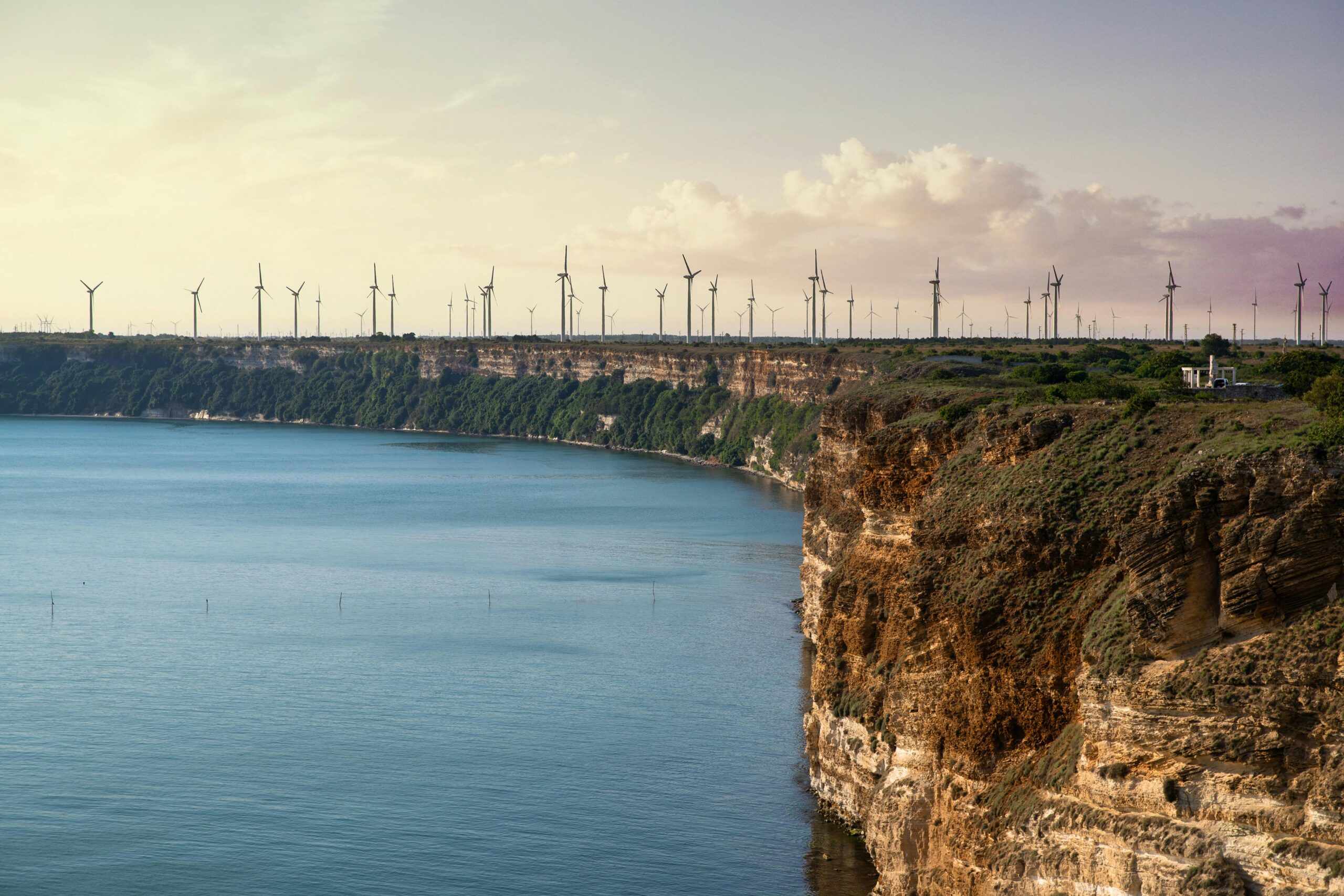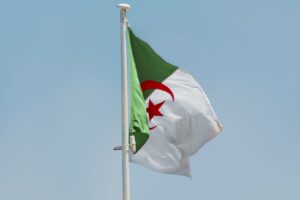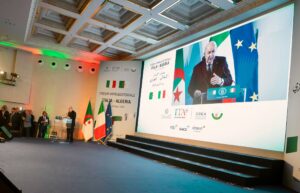TUESDAY OCTOBER 1st, CAIRO – ECCO, the Italian climate change think tank, supports the launch of the TeraMED Initiative, aimed at setting a common target of 1 TW of renewable installed capacity in the Mediterranean region by 2030.
“Renewable energy can provide energy security, affordability, clean industrial development, jobs, and investments for the Mediterranean Region”, said Giulia Giordano, Director of Mediterranean and Global Strategy at ECCO – The Italian climate change think tank.
The 1 TW target is a crucial contribution to the Global Renewables and Energy Efficiency Pledge, signed by more than 130 countries at COP28, which aims at expanding renewable energy capacity to 11 Terawatt globally by 2030.
The campaign, supported by think tanks, regional stakeholders and CSOs was officially presented today at Cairo Sustainable Energy Week by the Mediterranean Dialogue on Sustainable Energy and Climate (MEDSEC), a multi-stakeholder platform which gathers support by governments in the Mediterranean region ahead of COP29. A call to action to governments and decision-makers across the region supports this campaigning effort.
Giulia Giordano, Director of Mediterranean and Global Strategy at ECCO – The Italian climate change think tank. said:
“According to the IPCC the Mediterranean is a climate hotspot, increasingly affected by extreme events that expose its vulnerabilities. The region is also characterized by low levels of integration and a complex security environment. The risk of failing to achieve a just and orderly transition is extremely high, with implications for the stability of the broader Mediterranean region. A comprehensive regional strategy to unlock the region’s immense potential for solar and wind capacity is of the essence. Regional cooperation is critical to accelerate capacity deployment, including joint renewable and grid projects, harmonised regulation and governance systems, and mobilise the necessary finance. Cooperation on clean energy between the two shores of the Mediterranean can set an example for the rest of the world and relaunch trust in multilateralism”
Jauad El-Kharraz, Cairo Sustainable Energy Week Co-Chair said:
“Boosting renewable energy in the Mediterranean is crucial for ensuring energy security and sustainability in the region. By setting such an ambitious target of 1TW renewables for 2030, we can harness the abundant solar and wind resources available, accelerate energy transition process, boost investments cadence, reduce dependence on fossil fuels, and mitigate the impacts of climate change. Transitioning to renewable energy not only will enhance energy independence in our beloved Mediterranean, but will also foster economic growth, create jobs, and protect the environment. A collective commitment from governments, think tanks, IGOs, NGOs, private sector and all key players to this goal will pave the way for a resilient, clean energy future for all our Mediterranean nations.”
Grammenos Mastrojeni, Senior-Deputy Secretary General for the Union for the Mediterranean said:
“The Mediterranean region not only needs to unite and decarbonise in face of an existential climate crisis threat, but such transition would also be an engineer of fair growth and progress. Finance agrees, industry is there, the governments back it. Now it’s time to set a goal, one that can be measured: 1 terawatt, but just to start with”
Hajar Khamlichi, North Africa Director at Pooled Fund for International Energy said:
“TERAMED is a bold and transformative initiative, uniting North Africa to South Europe around the ambitious goal of installing one terawatt of renewable energy capacity by 2030. This effort represents a unique opportunity to foster resilience, economic stability, and global leadership, while driving a shared clean energy vision that accelerates the region’s transition and contribute with 10% to the global target of 11 TW.”
Gianni Chianetta, Chair of Greening the Islands Foundation, which manages MEDSEC’s Secretariat, said:
“Developing a common vision for an accelerated and just energy transition in the region can advance the Mediterranean towards a future of stability, energy security, and broad socioeconomic development. With a crucial Nationally Determined Contributions (NDC) update cycle in 2025, the last before 2030, a new climate diplomacy is essential. MEDSEC offers all stakeholders a platform to show that support for a regional decarbonisation strategy is significant and demand a change of course for a better future.”
The TeraMED initiative has already collected support from several stakeholders from the Region and beyond. Key global players such as the International Renewable Energy Agency (IRENA) and the Global Renewables Alliance (GRA) have endorsed the initiative as a regional response to the global ambition outlined in the UAE Consensus at COP28.
Photo by Quang Nguyen Vinh






